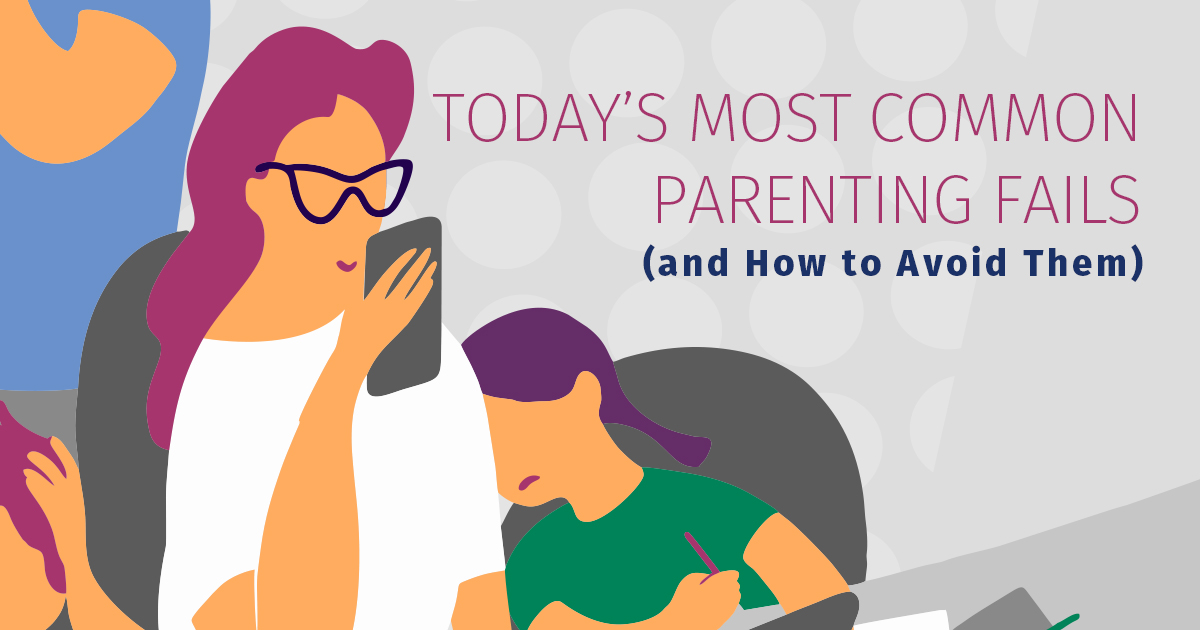
Being a parent is a challenging yet rewarding journey with immense responsibility. As we step into 2023, Nigerian parents must reflect on their parenting practices and strive for positive changes. In this article, we will highlight seven common parental mistakes that you should avoid to promote healthy development and well-being in your children. Recognizing and rectifying these mistakes can create a nurturing environment that allows your children to thrive.
Neglecting Emotional Well-being
One of the significant mistakes Nigerian parents often make is neglecting their children’s emotional well-being. In the pursuit of academic success and material achievements, parents may overlook their child’s emotional needs. It is essential to create an environment where children feel safe expressing their emotions and discussing their feelings. Encourage open communication, active listening, and empathetic responses to foster emotional intelligence and mental well-being.

Overemphasis on Academic
Education is undeniably important, but fixating solely on academic performance can be detrimental. Nigerian parents often push their children excessively, leading to burnout, stress, and a lack of overall development. Encourage a balanced approach that encompasses social skills, creativity, physical activities, and emotional intelligence. Foster a love for learning rather than obsessing over grades, and allow your child to explore their interests and talents.
Neglecting Cultural and Moral Values
In the era of globalization, Nigerian parents need to preserve and pass down cultural and moral values to their children. Often, parents neglect these aspects due to the influence of Western culture and societal changes. By instilling a strong sense of cultural identity and values, you help your children understand their heritage, develop respect for others, and make informed decisions. Celebrate traditions, teach moral ethics, and encourage community engagement to foster a well-rounded upbringing.

Lack of Quality Time and Bonding
In the fast-paced world, we live in, Nigerian parents may find themselves struggling to balance work, household chores, and parenting responsibilities. However, it is essential to prioritize quality time and bonding with your children. Allocate dedicated time for family activities, such as shared meals, outings, or game nights. Engage in conversations, show interest in your child’s hobbies, and create lasting memories that strengthen the parent-child relationship.
Failure to Set Appropriate Boundaries
Setting boundaries is crucial for your child’s development and discipline. Nigerian parents often struggle with either being overly permissive or excessively strict. Find a middle ground that promotes independence while providing necessary guidance. Establish clear rules and expectations, discuss consequences, and ensure consistency in enforcing boundaries. This helps children develop self-discipline, respect for authority, and a sense of responsibility.

Relying Solely on Punishment
Using punishment as the primary means of discipline can be counterproductive. Nigerian parents should consider adopting positive discipline techniques that focus on teaching, guiding, and reinforcing good behaviour. Encourage positive reinforcement, constructive feedback, and problem-solving skills. This approach not only helps children understand the consequences of their actions but also cultivates a sense of empathy and self-control.
Ignoring the Importance of Self-Care
As a Nigerian parent, it’s essential to prioritize self-care. Neglecting your well-being can increase stress, and irritability, and decrease parenting effectiveness. Make time for activities that rejuvenate and recharge you. Seek support from family, friends, or support groups. By taking care of yourself, you set a positive example for your children and create a healthy family dynamic.
Conclusion
In 2023, Nigerian parents have an opportunity to reflect on their parenting practices and avoid common mistakes. By prioritizing emotional well-being, adopting a balanced approach to education, instilling cultural values, spending quality time, setting boundaries, embracing positive discipline, and practicing self-care, you can create an environment that nurtures your children’s growth and development. Remember, being an effective parent requires continuous learning, adaptability, and a whole lot of love.
